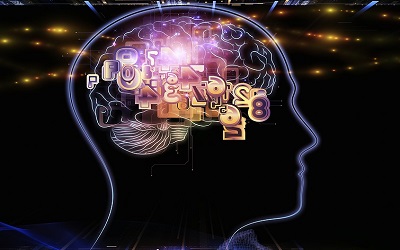PTE考生目前最大的问题之一就是练习题缺乏。除了有限的基本官方书(PLUS,Testbuilder, OG)之外就没有题了。很多英语基础不是很扎实的同学很难找到练习材料。悉尼文波雅思PTE培训学校专门为澳洲,尤其是悉尼、墨尔本的PTE考生准备了适合PTE听力阅读练习的科学60秒。各位PTE同学可以练习PTE听力中的summarise spoken text和PTE口语中的retell lecture,PTE听力口语-科学60秒-Frosty Moss练习记笔记技巧和复述。废话少说,下面开始:
60秒科学:Freeing the Mind to Forget
Freeing the Mind to Forget
Young brains can forget painful memories, but old ones tend not to. An animal study in the journal Science finds that it may be possible to restore the old brain to its younger, more pliable state. Karen Hopkin reports
Some things are hard to remember. Others are hard to forget—especially things that are traumatic. But kids, it turns out, are better than adults at forgetting the bad stuff. Now scientists think they know why. According to an animal study in the September 4th issue of the journal Science, the brains of adults erect physical barriers that keep painful memories intact.
As adults, events that emotionally disturb us tend to get seared into our brains. And those memories can resurface, causing anxiety, fear and even post–traumatic stress disorder. But young brains are much more resilient—and can even erase unpleasant memories.
To get a better handle on this youthful forgetting, scientists studied the brains of young and old rats. They found that in adult brains, a physical net forms around certain cells in the amygdala, a structure associated with emotional memories. Adults that had been trained to associate a mild foot shock with a specific sound would flinch when they just heard the sound. But using a drug to dissolve this barrier restored the older rats’ ability to extinguish fearful memories. So rats that got the net–busting treatment stayed calm when they heard the sound.
One of the few instances where a net loss is a real gain.
—Karen Hopkin





